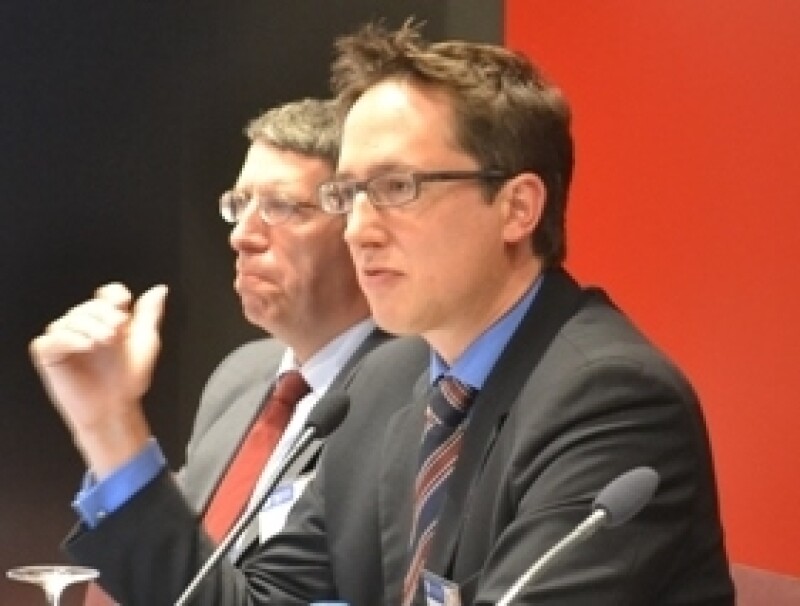Part of the reason for that is that lawyers from outside Germany – which already operates a bifurcation system for patent litigation – are finding our how the rules are likely to operate in the new Unified Patent Court.
But it is also because judges themselves are beginning to clarify the kinds of patents and patent cases that are likely to be subject to bifurcation – and suggesting the volume may be lower than many IP lawyers feared.

At our Forum in Munich in September 2013, for example, German judge Tilmann Buttner of the Regional Court of Düsseldorf (pictured) explained to the audience which cases he might bifurcate if he were a UPC judge.
A year later at our Forum in Paris, Buttner said that over the past 12 months he had revised his thinking and was now less inclined to bifurcate.
“Last year I talked about some cases being “bifurcation cases” and others not. I would rather not bifurcate. [UPC] courts are in a good position to render good and reasonable decisions on revocation as well as infringement because they will have a technical judge.”
“My message is that we may not bifurcate. But even if we do, it’s not all bad. The courts are likely to hand down a conditional decision that is subject to the revocation decision.”
But there is also a sense that lawyers are becoming more adept at developing new strategies to deal with new patent litigation rules.
Speaking about the two-year-old US Patent Trial and Appeal Board, Charles Larsen of Ropes & Gray told the audience: “We Americans used to fear bifurcation. Now we’re doing it”.
You can read more about the popularity of the PTAB’s procedures for parties seeking to invalidate a patent in the latest issue of Managing IP.









